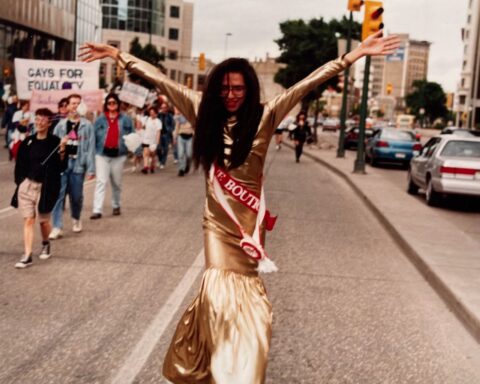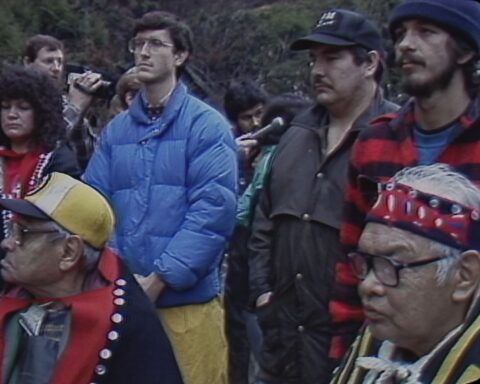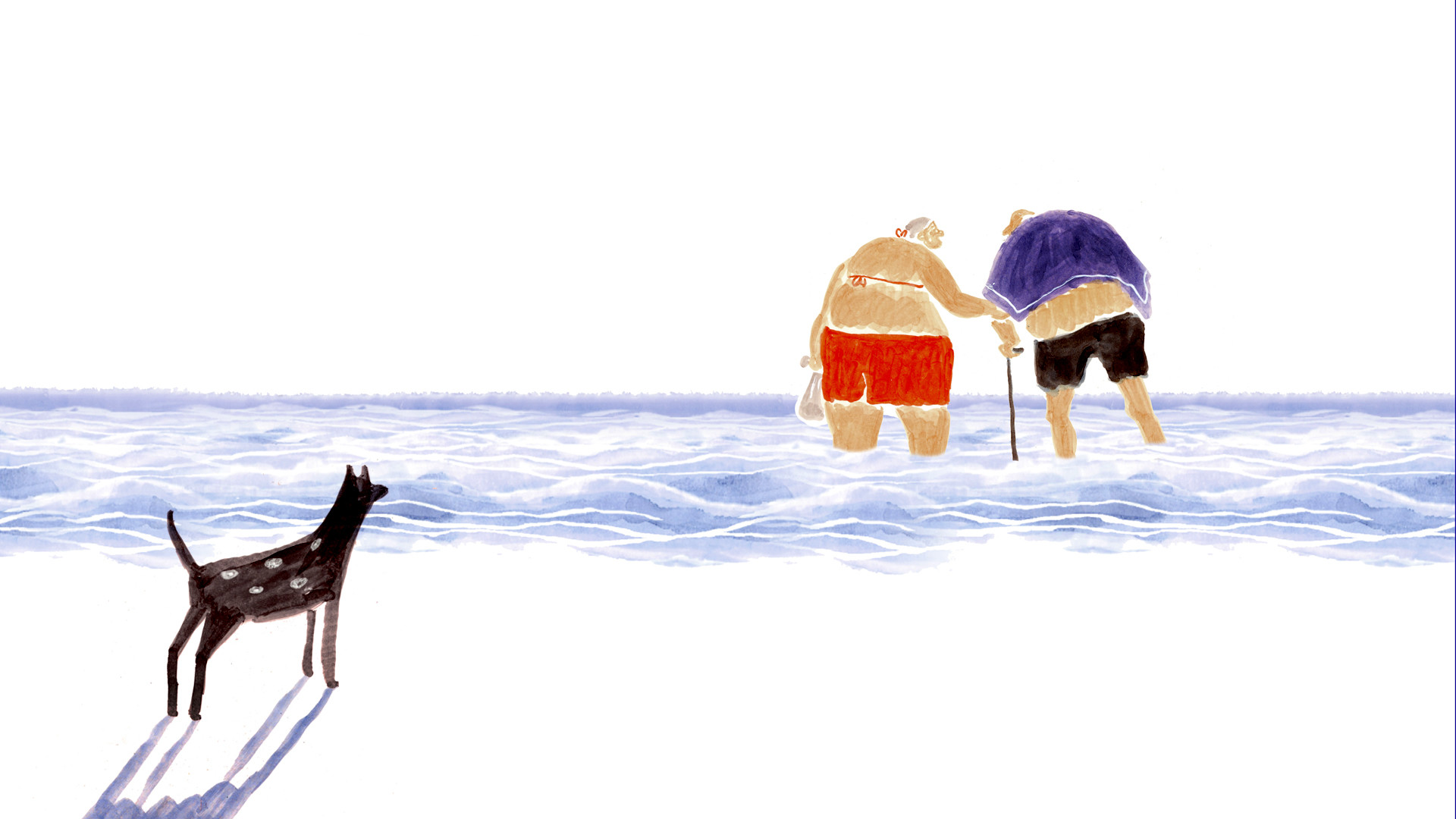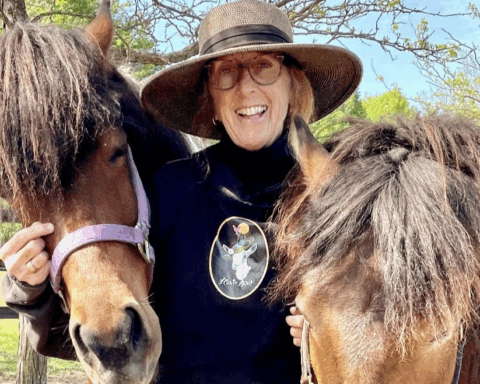Inconvenient Indian
(Canada, 90min.)
Dir. Michelle Latimer
Programme: TIFF Docs (World Premiere)
Given the deserved attention that Michelle Latimer has garnered during this festival season, it’s important to realize the she chose to work in the most difficult form of documentary, the essay film, for her high profile feature Inconvenient Indian. It’s hard to foreground any film with a thesis when audiences want narrative and compelling characters. How do you keep people engaged when your concerns are far graver than the mistreatment of a single individual? Latimer has made a film that rose to the challenge of making largely white audiences understand the tragic history of Indigenous and Inuit people in North America while showing that young “Indians” are ready and able to embrace their cultures and move forward—if they’re not prevented from doing so.
Make no mistake, Latimer took on a huge task in freely adapting Thomas King’s brilliant book about what it’s like, personally and historically, to be Indigenous in North America. While King is a definite presence in the film, this is clearly Latimer’s take on indigeneity. With the notable exception of King, Latimer’s main storytelling cultural figures are women—the Inuit filmmakers Alethea Arnaquq-Baril and Nyla Innuksuk and the multi-media artist Shewannati—and the queer painter Kent Monkman. The intimate scenes she shot are of children and young adults, learning how to speak the language of the Anishinaabe, gleefully embracing the art of fishing and dancing wildly while wearing old-fashioned “Indian” gear.
Latimer takes more than one approach to the question of “What do Indians want?” She looks back at Custer’s Last Stand and Flaherty’s controversial Nanook of the North to show that the dominant North American society sees Indigenous people as primitives, ready to slaughter Whites or kill animals with old-fashioned methods. But brutality, she reminds us, runs both ways: the Mounties, priests and Canadian politicians were all too eager to steal native land, make unfair treaties, place Indigenous children in residential schools, or take them into foster homes. The Canadian strategy was precise and it started with the father of Confederation, John A. Macdonald, who only saw “Indians” as threats to settlers, who should either be killed off or “civilized” into white society.
Although whites often apologize vaguely for what happened in the past, the official Canadian response tends to be, “let’s get over it and do better in the future.” There’s no true attempt to redress the burdens of the past. But Latimer does offer some hope through the white art establishment’s embrace of Kent Monkman’s radical paintings, which reimagine colonial artwork through queer Indigenous eyes. Shewannati’s TimeTraveller series offers a subversive take for younger audiences at what happened to the Indigenous in the past—doomed uprisings and deaths going through the Oka Crisis—by making them popular through computer graphics. Thomas King has, of course, been very successful as well, and for a longer time.
It’s through King that Latimer supplies a spine to her deliberately digressive style. He’s there throughout the film, riding a taxi in Toronto, telling intermittently the story of the greedy Coyote and naïve Ducks. (Latimer and King leave it up to the viewer to decide which societies represent those two creatures). He’s the one who enters a cinema to see Nanook and take us back to the past. And, after Latimer shows very disturbing footage of the U.S. authorities breaking into the land of the Dakota Sioux to force the construction of a massive oil pipeline that endangers their water, it’s King who poses a reply to “What do Indians want?”
Michelle Latimer has made a powerful and necessary film. Inconvenient Indian is a film that Canadians should see—and embrace.
Visit the POV TIFF Hub for more coverage from this year’s festival.
Inconvenient Indian (Teaser) from NFB/marketing on Vimeo.













